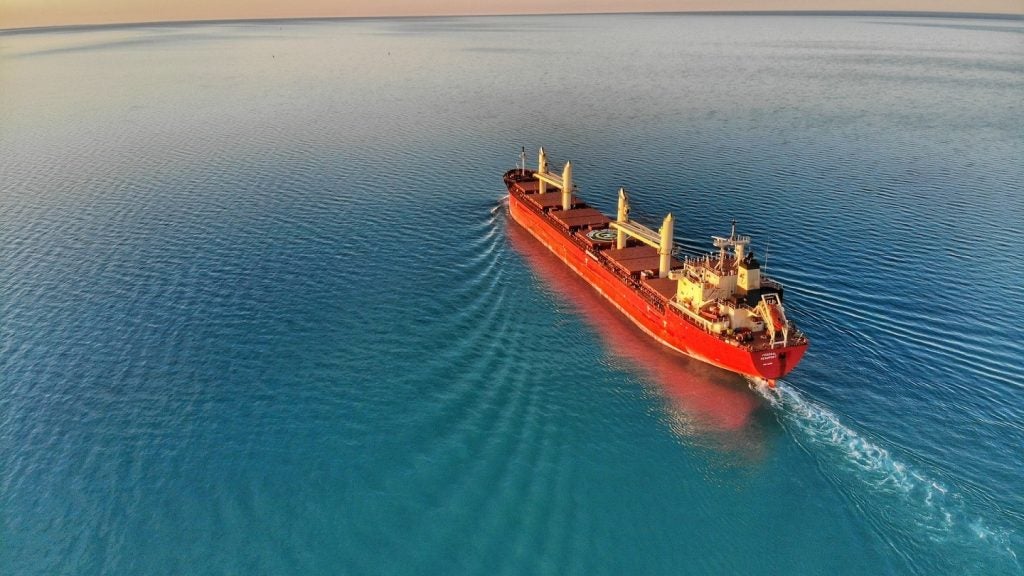The US Department of the Treasury's Office of Foreign Assets Control (OFAC) has imposed sanctions on four entities and identified one vessel violating the price cap on Russian oil.
“Russia’s top energy official admits that the coalition’s price cap and our sanctions have led to widening discounts on Russian oil, limiting the revenue the Kremlin relies on for its illegal war,” said Under-Secretary of the Treasury for Terrorism and Financial Intelligence Brian E Nelson.
The EU, G7 countries and Australia imposed a price cap of $60 per barrel for Russian seaborne oil starting on 5 December 2022.
“Today’s action against vessels violating the price cap on Russian oil should serve as a continued warning that we can and will enforce violations of the cap,” Nelson added.
Today, Treasury is targeting a network of four entities and one vessel involved in violating the price cap on Russian oil. These sanctions should serve as a continued warning that the U.S. and our partners can and will enforce violations of the cap.https://t.co/5WDRHeN5rJ
— Treasury Department (@USTreasury) February 8, 2024
The 'Price Cap Coalition' aims to limit costs considering market conditions and reduce Russia’s oil profits since it invaded Ukraine. According to Ofac, the price cap is to ensure a consistent supply of crude oil and petroleum products worldwide, while also reducing Russia’s revenue from oil sales as a result of the surge in global energy prices.
The Coalition Advisory for the Maritime Oil Industry and Related Sectors published a report called the Advisory on 12 October 2023, directed towards government and private sector entities using maritime trade of Russian oil.
The report also included recommendations for best practices and reflects the coalition's commitment to promoting responsible practices in the industry, preventing and disrupting sanctioned trade, and ensuring adherence to the price cap.
On 20 December 2023, the US Treasury released updated regulations that will mandate companies shipping Russian crude oil to provide new documentation demonstrating that each transportation journey has adhered to the price cap.
In the past, companies could provide ambiguous assurances of compliance with the cap, which were typically accepted without further scrutiny, according to Offshore Technology.
Offshore Technology said that since most of the world’s transportation and insurance companies are in G7 countries, the cap may make it difficult for Russia to sell its oil at a higher price.









